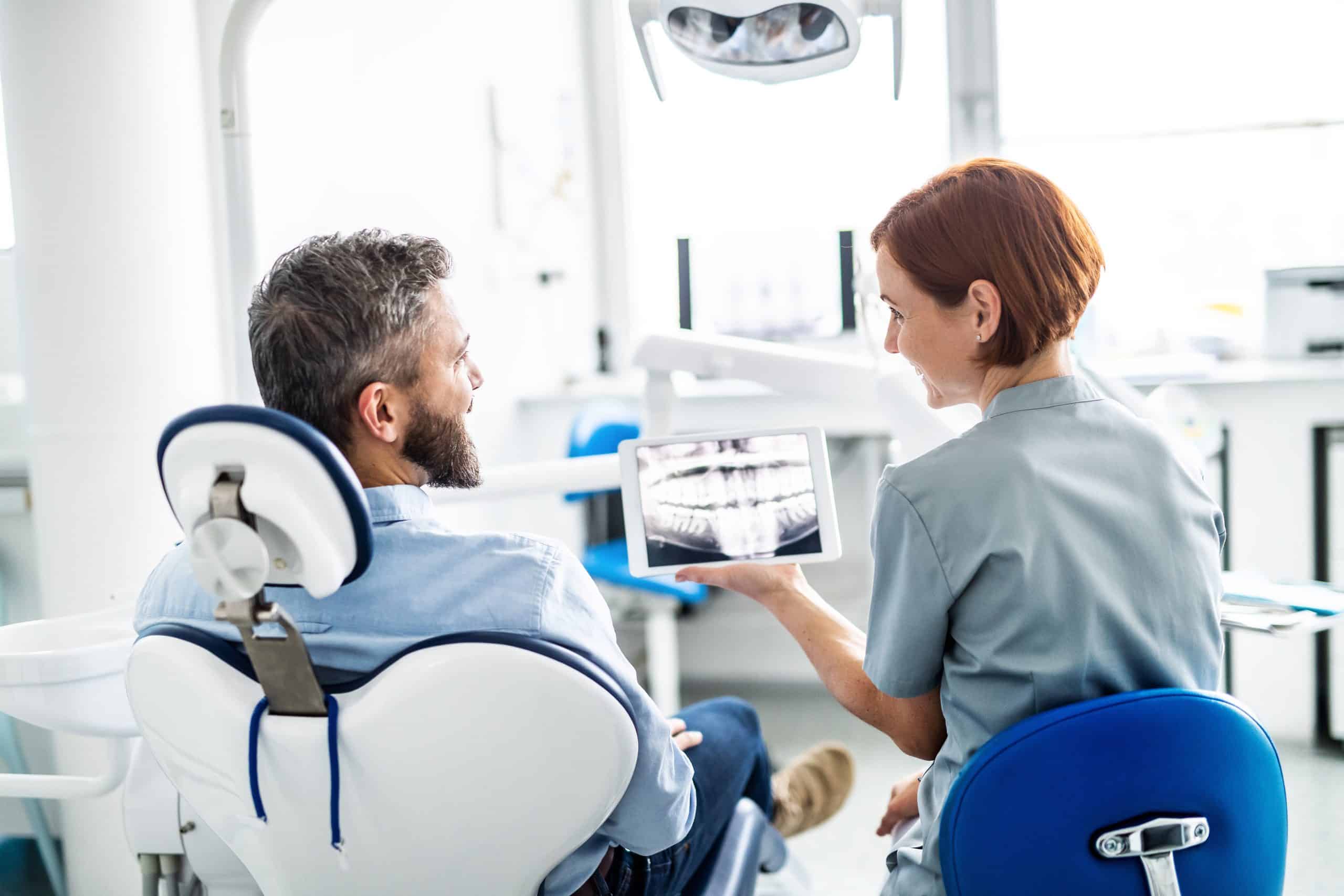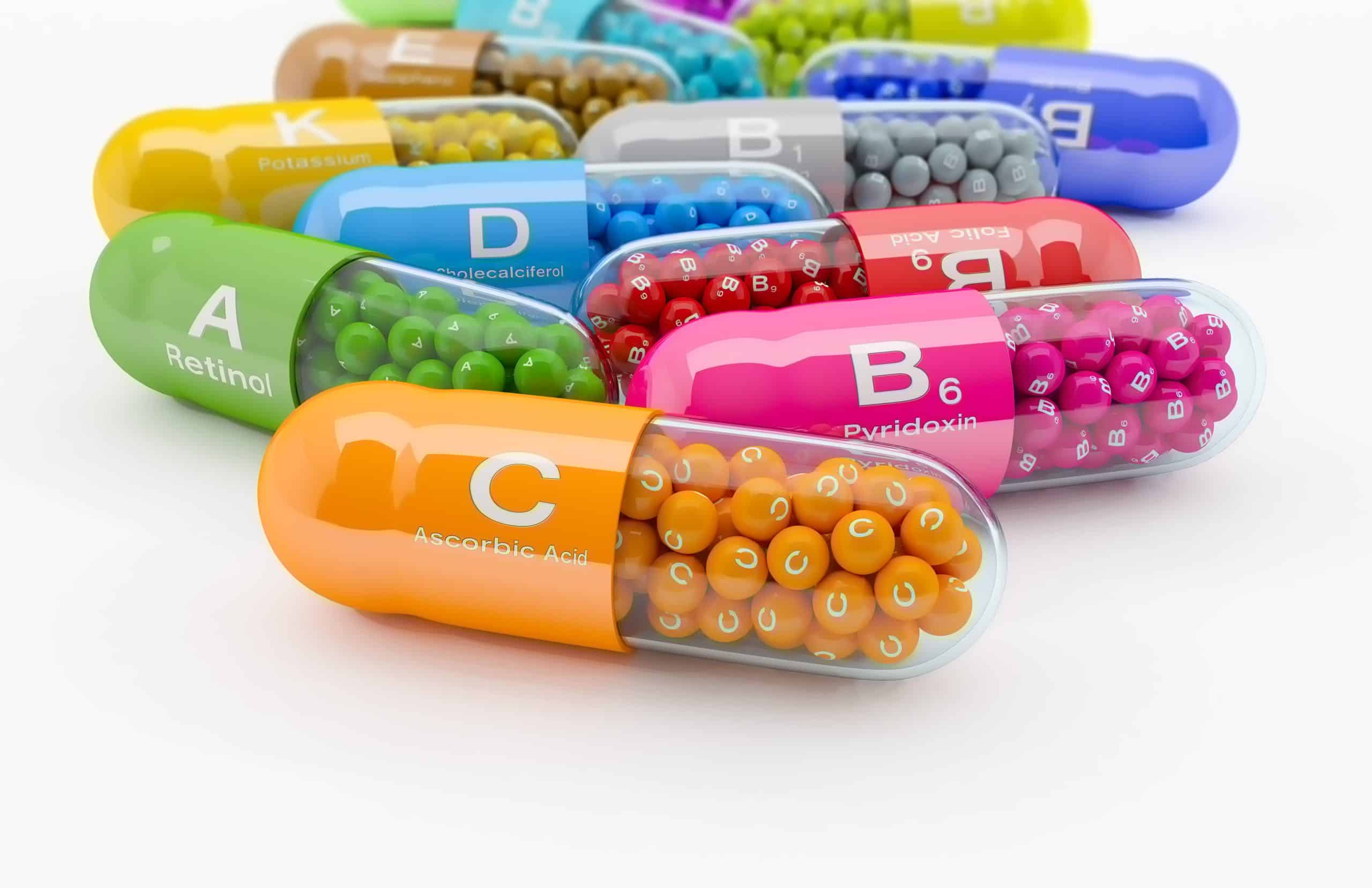It’s a fact that around 92 percent of people have some type of vitamin deficiency. While that is based on U.S. studies, it is considered a common statistic for most of North America. Proper nutrition and vitamins are essential for strong bones and health, healthy gums, good circulation, and overall health.
Doctors believe it’s best to get vitamins found naturally in food but, sadly, that isn’t happening. Around half the population is deficient in vitamins A, C, and D as well as magnesium.
This is where people turn to supplements and most are finding natural supplements safer and more effective than produced vitamins.

A Word of Caution
The National Institutes of Health (NIH) said that you should know what is in any supplement you take because the ingredients and directions for use vary between products. Supplements aren’t a substitute for a well-balanced diet but should be taken to complement your diet.
Supplements come in all shapes and forms including pills, teas, tablets, and powders. They can contain vitamins, herbs, amino acids, organ tissues, extractions, and minerals. However, they are less regulated than over-the-counter or prescription medications.
Two Types of Vitamins
Most people understand the ABCs of vitamins but all fall under two basic types. There are water-soluble and fat-soluble vitamins. Water-soluble vitamins are those that aren’t stored in the body so they need to be taken daily. These include vitamin C and all of the B complex vitamins.
Fat-soluble vitamins are those that are stored in fat cells until they are needed. Vitamins A, D, and E are part of the fat-soluble group. They are found in high-fat foods and are more effective if they are consumed with fat.
These types of vitamins don’t need to always be taken daily in a supplement form since they are stored.

Better Vitamins for Teeth and Mouth
A host of vitamins are great for teeth and the mouth and can go far in preventing problems. Five top the list.
Calcium
Calcium has always been recognized for building strong bones so it’s an obvious choice for teeth. It is one of the best minerals for the body found in foods like milk and other dairy products.
Vitamin D
Vitamin D plays an important role in keeping your immune system in working order as well as keeping teeth healthy. Vitamin D helps in bone and tooth mineralization and a lack of it can lead to things like gingivitis, and cavities. It’s in things like salmon, milk, and breakfast cereals.
Vitamin C
Vitamin C is good for gums as well as teeth because it helps your gum connective tissues remain strong, so your teeth remain in place. It can be found in citrus fruits, sweet potatoes, broccoli, and peppers.
Vitamin A
Vitamin A works well for your mouth as well as your eyes and skin. It helps with saliva production, which assists in breaking down food and cleaning between teeth. This vitamin is in orange-colored vegetables and fruits like carrots and bell peppers, as well as egg yolks and fish.
Phosphorus
Phosphorus helps in the absorption of calcium and helps rebuild tooth enamel. Foods that include it are whole grains, milk, meat, fish, and eggs.
Other Critical Vitamins
Other vitamins are needed for oral health and they include magnesium, selenium, Vitamin K2, and zinc. Magnesium pairs with vitamin D to create hard tooth enamel while selenium prevents tooth decay and cavities. It’s a natural part of dentine and collagen bonding.
Vitamin K2 is a protein that also works with vitamin D to move calcium to teeth and bones. It also prevents calculus, a hardened substance, from forming near saliva glands. Zinc helps heal wounds and prevents plaque and calculus from forming. It also fights bacteria.

This opens up new treatments for those who previously couldn’t get them as well as reduces the need to refer patients to specialists who can perform more complex surgeries.
Robotic dentistry can be used to treat patients with oral cancer, severe gum disease, and other serious health conditions that require extensive surgery or removal of large amounts of bone tissue.
Vitamins and Healing
Many of these can help heal mouth issues. Vitamine C assists bleeding gums in their healing when combined with bioflavonoids. Pairing calcium and magnesium together prevents bone loss near the gumline and vitamins A and E can help restore gum tissue. Another supplement, lysine, can fight canker sores as it has an antibacterial component.
Look at your Diet
Supplements are good to take but the first place to start with better nutrition is with your diet. Looking seriously at what you eat daily and changing to healthier menu options is the first step to overall better health.
Then, consider what supplements you need to replace vitamins and minerals you may be deficient in. You may need to consult a doctor to determine that as a medical exam can highlight deficiencies and vitamin requirements.
It’s always best to start with one vitamin or a good multivitamin supplement to learn how to implement them into your daily routine safely. Since minerals and vitamins come in so many different forms, you may want to consider getting some in teas or powders rather than pills, tablets, or capsules. Those alternative forms are also better for those who have trouble swallowing pills.
Seek Advice
Many people think taking natural supplements can’t cause any harm but excessive use, combining them with certain herbal supplements or prescription drugs can be unhealthy and even dangerous. Thousands, particularly younger adults, end up in emergency rooms because of how they use supplements.
Talk to your dentist about what supplements you should add to your diet and the best natural supplements to consider. Your supplement plan should be customized to fit your needs and promote oral care that’s unique to you.

